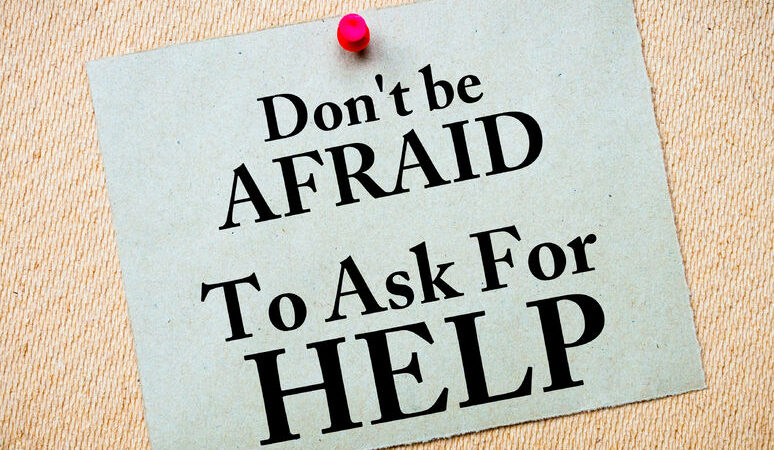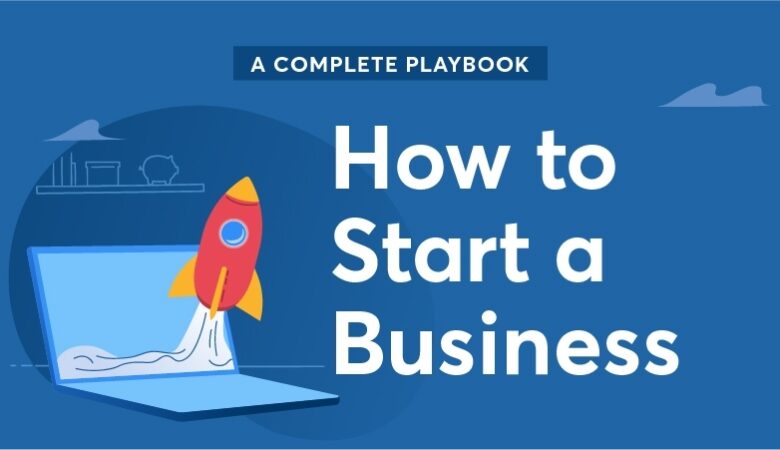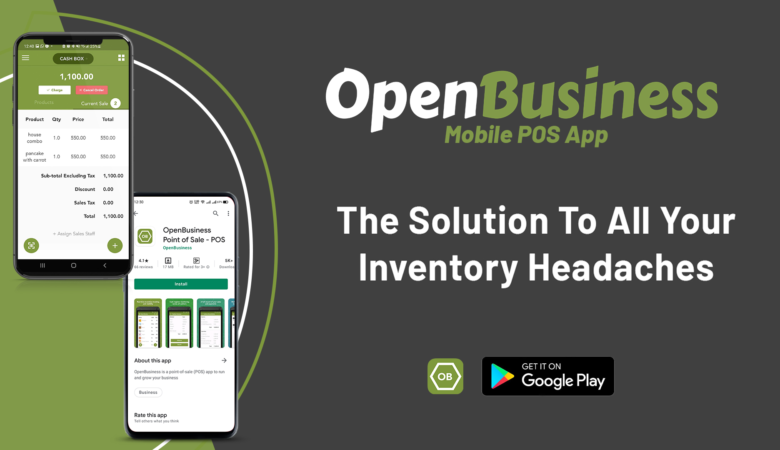Most of my day involves bringing underserved people within the trade ecosystem online. Our company made a strategic decision to focus on digitizing the Micro, Small and Medium Enterprises (MSME) going into our future. This is after we developed our platform OpenBusiness and then provided a mobile channel on it using the OpenBusiness (OB) app. It has been a wonderful learning experience and this has brought completely different learnings from what I acquired working for many years serving large enterprise and government software clients.
It has been a great journey. It is amazing how socially connected the MSME ecosystem is. When you walk into a small business like many people like to call this segment, you are confronted with many confusing scenarios as you get to know your customer. However, there is one thing you cannot do, trying to change the customer. You instead need to learn your customer.
Looks can be deceiving. Just because an enterprise operates within a 100 square feet perimeter area, do not think it is short of turnover. Just because a business employs primary school dropouts to be at the core of its sales operations and customer touchpoints, do not underestimate the wisdom that comes with experience in dealing with their customers and indeed serving them very well. Our small businesses are run based on trust. This is the capital to keep you going. Trust is built by leaving almost your entire business operation in the hands of the people you employ, albeit these businesses lack standardized operation processes. We all know how hard it is to get a trustworthy employee these days who handles your cash sales and inventory daily without loosing a dime. So, when business owners get an ounce of trust in an employee, they can easily become highly dependent on the person. They let the person literally run the business operations, from dealing with clients to managing almost all cash sales as well as tracking inventory. Our business owners in this way exemplify true leadership that is inherent in our culture. Indeed, Stephen R. Covey once said “Trust is the glue of life. It’s the most essential ingredient in effective communication. It’s the foundational principle that holds all relationships.” Trust means you can rely on the other members of your team to do the right thing. But what is the price of trust when abused?
Have you ever heard of this quote by Warren Buffet? ““Honesty is a very expensive gift. Don’t expect it from cheap people.” This is true. The biggest losses in business today are caused by the very same people we trust in our business, from outright theft to fraud. This I have learned is the biggest headache for our entrepreneurs today. The amount of business losses experienced daily is enormous. Some staff spend all day scheming how to get some cash out of the business for personal gain. Unfortunately, these are some of the staff that business owners have placed their full trust in and go to every length to invest in their relationships.
“Trust, but verify” is a Russian proverb that became internationally known in English when used by former US President Ronald Reagan on several occasions in the context of nuclear disarmament discussions with the Soviet Union. We can no longer run businesses on blind trust. This principle is however a two edged sword. When the outcome is essential and matters more than the relationship, use “trust, but verify.” When the relationship matters more than any single outcome, don’t use it. From a business perspective, losing money matters more than the staff relationship for sure. This may be different when the staff relationships involve a family member. Husband or wife stealing from the business or even a child or extended family member. Many small businesses employ relatives who unfortunately may end up stealing even more than non-relatives.
When we onboard our customers, we make sure they are aware that the business password is equivalent to their online or mobile bank access credentials. You have no business sharing your business superadmin system credentials with relatives or non-relatives as this is equivalent to sharing your bank signatory credentials. Password “yako ni siri yako” (your password is your secret). This is one of the biggest trust issues we often have to educate MSME business owners on. You do not want people to make for example stock adjustments using your credentials and them make it seem to be your action. Business owners must learn not to over delegate.





Leave a Reply